The head of the International Atomic Energy Agency Rafael Grossi made the comments in an interview with NHK on Wednesday.
It was the first interview Grossi has granted to a media outlet since Iran announced on Tuesday that it has suspended the implementation of the Additional Protocol that allows the IAEA to conduct snap inspections.
Referring to Iran's warning of drastically reduced access for IAEA inspections, Grossi said he "took it very seriously from the very beginning," and that it prompted him to visit Tehran for talks.
He called the suspension of the Additional Protocol "a very important loss" for the international community.
Grossi said the IAEA has established a system to continue gathering information with cameras and other monitoring devices placed at nuclear facilities in Iran for up to three months.
He said that if Iran and the concerned nations reach a political agreement, the IAEA will be able to access that data. He said there is "no other alternative" means of collecting such information because Iran has frozen the protocol.
Referring to the three-month window, Grossi said, "There is some space for all the actors, including Iran, to continue their negotiation."
He said he thinks that if there is no political agreement, not only the IAEA, but also the international community will be faced with a "completely new situation."
Grossi was referring to a recent agreement he could strike during his recent visit to Tehran with the Iranian nuclear officials just before the stopping of the voluntary implementation of the Additional Protocol that allowed unannounced IAEA inspections of the country’s nuclear facilities at midnight on Monday.
After the Tehran visit on Sunday, the IAEA chief said that he had reached an agreement with the Iranian nuclear officials to continue IAEA “necessary” verification and monitoring activities for up to three months, but there will be less access and no more snap inspections starting on Tuesday.
After the US exit from the world powers' nuclear deal with Iran in May 2018 and imposing the unprecedented sanctions on the Iranian nation, followed by the indifference of the European parties to the need for compensating Iran's losses as a result of the US violation of the international accord, Iran started reducing its JCPOA commitments in five steps and finally suspended voluntary implementation of the Additional Protocol on Monday midnight.
Before ceasing the Additional protocol, Iran had begun enriching uranium to 20% purity in accordance with a piece of legislation approved by the parliament dubbed the Strategic Action Plan to Counter Sanctions in early last December, setting a Feb. 21 deadline for Biden administration to lift the US sanctions.
KI/FNA13991207000091


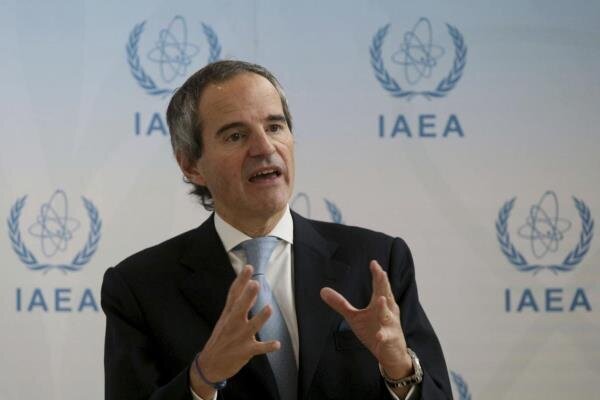



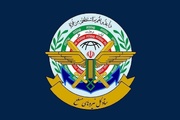
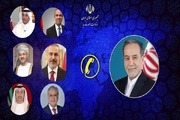

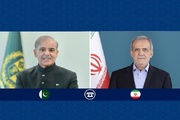
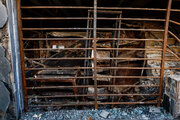

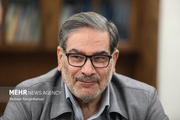
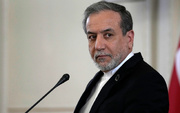


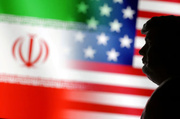
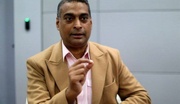




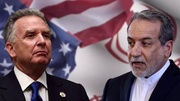
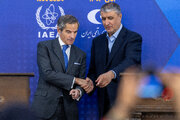



Your Comment